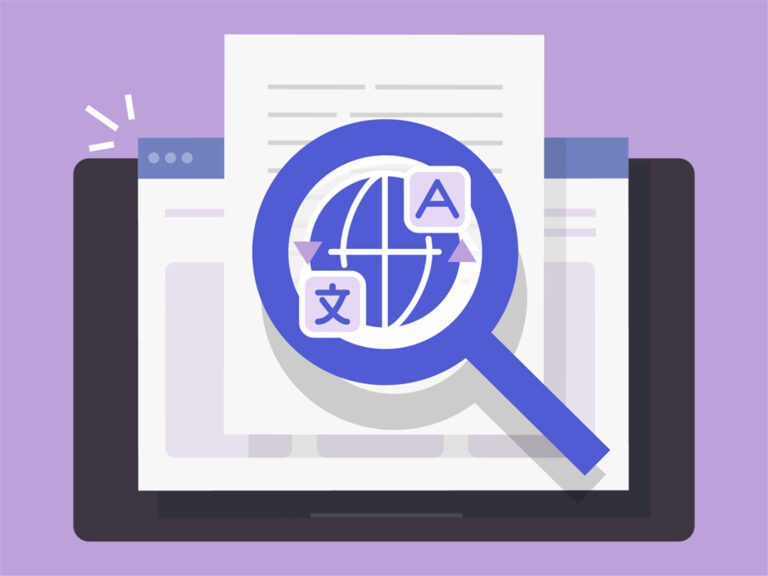Bridging the Multilingual E-Discovery Gap: Why Human Translation is Invaluable
By Ofer Tirosh
January 22, 2024

Ofer Tirosh is the CEO of Tomedes, a language service provider committed to transcending linguistic barriers with precision and care. tomedes.com
As businesses and legal matters cross international boundaries, human legal translation has become the linchpin of the multilingual e-discovery system. It ensures both efficiency and accuracy.
Documents, emails, messages, and social media posts now comprise crucial evidence in legal cases. They often come in multiple languages. As a result, legal professionals confront the complex challenge of uncovering relevant information in several different languages.
The need for a comprehensive approach to multilingual e-discovery has led to the integration of advanced technologies like machine translation, natural language processing, and data analytics. These tools offer significant benefits in speed and quantity, but they also highlight the necessity of human involvement to ensure nuanced understanding, cultural context, and precise legal terminology.
While machines can process vast volumes of data quickly, they lack the inherent understanding of language idioms, cultural connotations, and legal subtleties. This is where human legal translation becomes indispensable. Here’s how human translators enhance the multilingual e-discovery process:
- Preservation of Context: Legal documents often contain complex legal concepts and context-specific information that requires a deep understanding of both legal systems and languages. Human translators are adept at preserving the contextual nuances that can significantly impact the interpretation of evidence.
- Legal Terminology: Legal translation demands a grasp of specialized legal terminology in both the source and target languages which can be found in legal glossaries. Translators with legal expertise ensure that key terms are accurately translated, preventing misunderstandings that can arise from mistranslations.
- Cultural Considerations: Laws and regulations can vary greatly from one jurisdiction to another. Human translators with knowledge of local legal systems are better equipped to bridge the cultural gaps and ensure accurate representation of legal content.
- Complex Legal Texts: Contracts, agreements, and statutes often contain language structures that require meticulous translation. Human translators possess the analytical skills needed to unravel complex sentences and accurately convey their meaning.
- Redaction and Confidentiality: Multilingual e-discovery frequently involves sensitive information that requires redaction to protect confidentiality. Human translators understand the importance of such tasks and ensure that redacted information maintains its integrity.
Cutting-edge machine translation and natural language processing tools expedite initial data sorting by identifying patterns and potential relevance. However, it takes human translators to refine the process.
As data is categorized, human experts bring linguistic understanding and legal acumen to the task. They interpret context and legal subtleties. This transcends binary algorithms. It captures cultural nuances, idiomatic expressions, and jurisdiction-specific terms.
Human legal translators act as curators, crafting translations that conform to original intent while aligning with the target legal system. The collaboration between technology and human insight provides efficiency and accuracy.
In the realm of multilingual e-discovery, human legal translation serves as a bridge between languages, cultures, and legal systems. While technology expedites processes and aids in initial data sorting, it is the nuanced understanding and cultural sensitivity of human translators that ultimately ensures accurate and reliable interpretation.
Must read intelligence for general counsel
Subscribe to the Daily Updates newsletter to be at the forefront of best practices and the latest legal news.
Daily Updates
Sign up for our free daily newsletter for the latest news and business legal developments.



